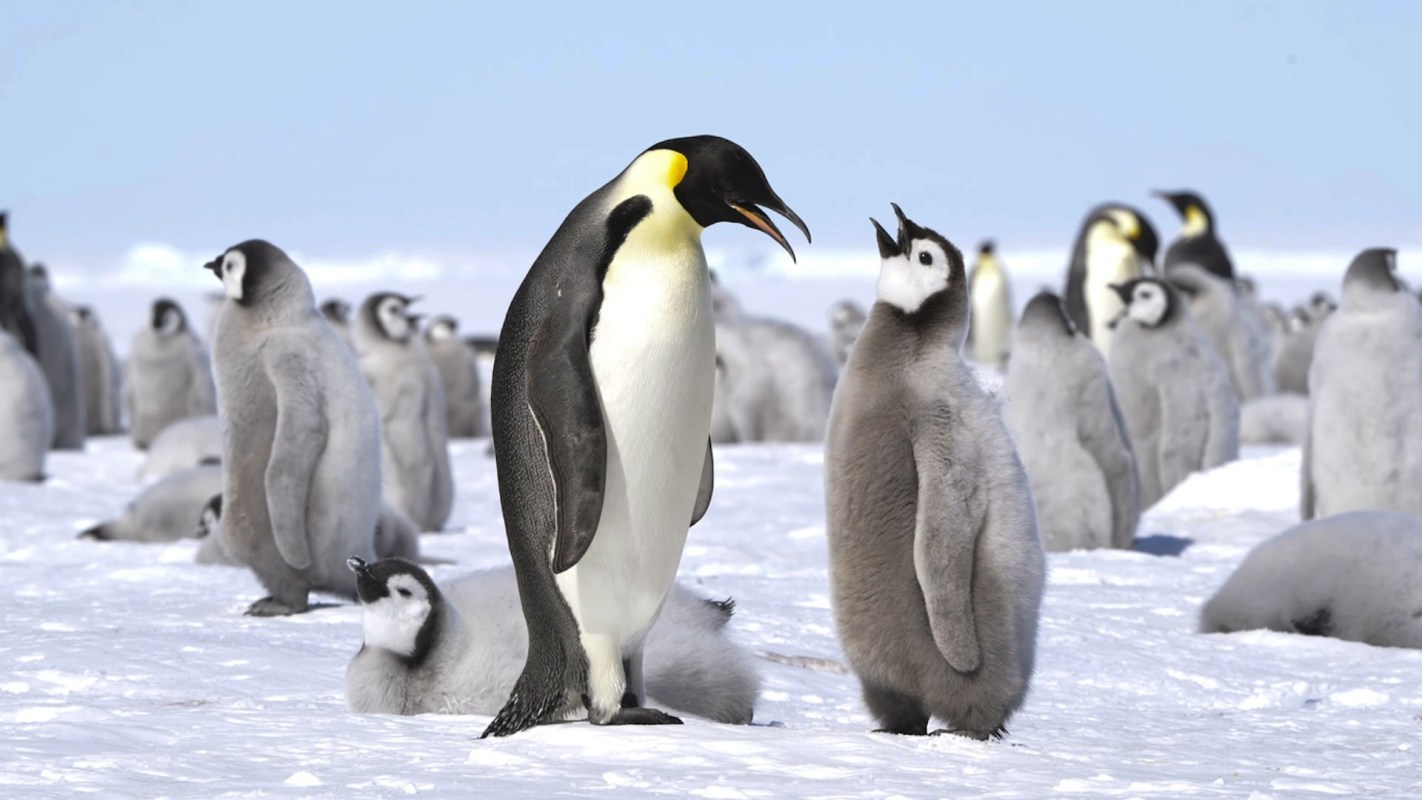Just as scientists feared might happen after it ripped through South America, the deadly H5N1 bird flu has spread to the Antarctic region, where a king penguin on South Georgia island likely died from the virus, as the Guardian reported.
If the suspected case is confirmed by the Scientific Committee on Antarctic Research, it will mark the first death caused by H5N1 in the beloved species.
What's happening?
Since penguins gather in large, tightly packed colonies that can reach up to 10,000 members, scientists worry that the highly contagious virus could cause a devastating loss of life among the birds.
As the New York Times explained, Antarctic penguins are particularly vulnerable to the virus since they have little, if any, immunity to it. Researchers first began detecting H5N1 in the Antarctic region in the fall of 2023, and since then, it's suspected to have killed at least three penguins.
As per the New York Times, scientists confirmed that two gentoo penguins on Sea Lion Island in the Falkland Islands — 900 miles west of South Georgia — also died from the highly lethal virus. Sadly, many other gentoos in the Falklands are mysteriously dying, with bird flu the suspected culprit.
"As of Jan. 30, 'there are over 200 chicks dead alongside a handful of adults'," a government spokesperson for the Falkland Islands, Sally Heathman, told Reuters.
Since 2020, H5N1 outbreaks have killed millions of domestic and wild birds worldwide, including over 500,000 seabirds — many of which were penguins — in South America, according to the Guardian.
Ed Hutchinson, a molecular virologist at the MRC-University of Glasgow Centre for Virus Research, told the Guardian: "The arrival of this H5N1 virus in the Antarctic towards the end of last year rang alarm bells because of the risk it posed to wildlife in this fragile ecosystem. And while it is very sad to hear reports of penguins dying … it is unfortunately not at all surprising."
Why is the spread of H5N1 among Antarctic penguins concerning?
As scientists have explained, since penguins form large colonies, the virus can spread quickly among the group. The Guardian reported that, while no cases have been recorded on the Antarctic mainland, the virus could already be spreading there unnoticed by researchers.
Even without H5N1 in the picture, penguins already face mounting pressures from rising temperatures, pollution, and overfishing. A 2018 study found that king penguins could be pushed to the edge of extinction by 2100 if actions aren't taken to protect the delicate Antarctic ecosystem.
What's being done to protect penguins from H5N1?
According to professor Craig Cary from The University of Waikato in New Zealand, researchers are exploring several mitigation strategies, such as vaccine development and colony monitoring and sampling.
In addition, many scientists and environmental organizations are calling for an end to factory farming since the cramped conditions in industrial chicken farms are a breeding ground for viruses that can easily "spill over into wildlife," according to Thijs Kuiken, a professor in the department of viroscience at Erasmus University Medical Center in Rotterdam.
Join our free newsletter for cool news and cool tips that make it easy to help yourself while helping the planet.









